Introduction
Understanding the best diet for Pomeranian is crucial for their health.
- Proper nutrition supports their energy, coat, and overall well-being
- Pomeranians have unique dietary needs due to their size and activity level
- Choosing the right food can prevent common health issues and keep them thriving
- This guide will cover essential nutrition tips and recommended foods for Pomeranians
- Follow these insights to ensure your Pomeranian enjoys a long and healthy life
1. Understanding Pomeranian Nutritional Needs
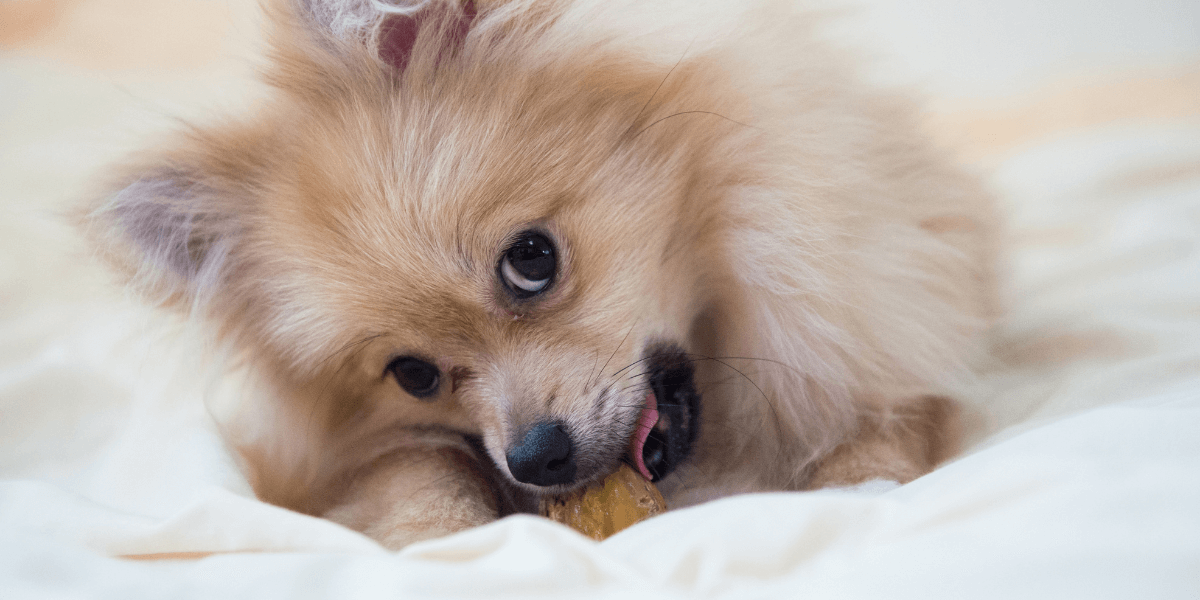
Pomeranians need a balanced diet to maintain their small size and energy levels.
- Calories: They require a specific caloric intake based on size and activity
- Protein: Essential for muscle maintenance and energy, choose high-quality sources
- Fat: Necessary for a shiny coat and overall health, but in moderation
- Vitamins: Essential for immune system function and overall health
- Minerals: Important for bone health and metabolic functions
- Fiber: Supports digestive health and regular bowel movements
- Water: Adequate hydration is crucial for all bodily functions
2. Choosing the Right Dog Food
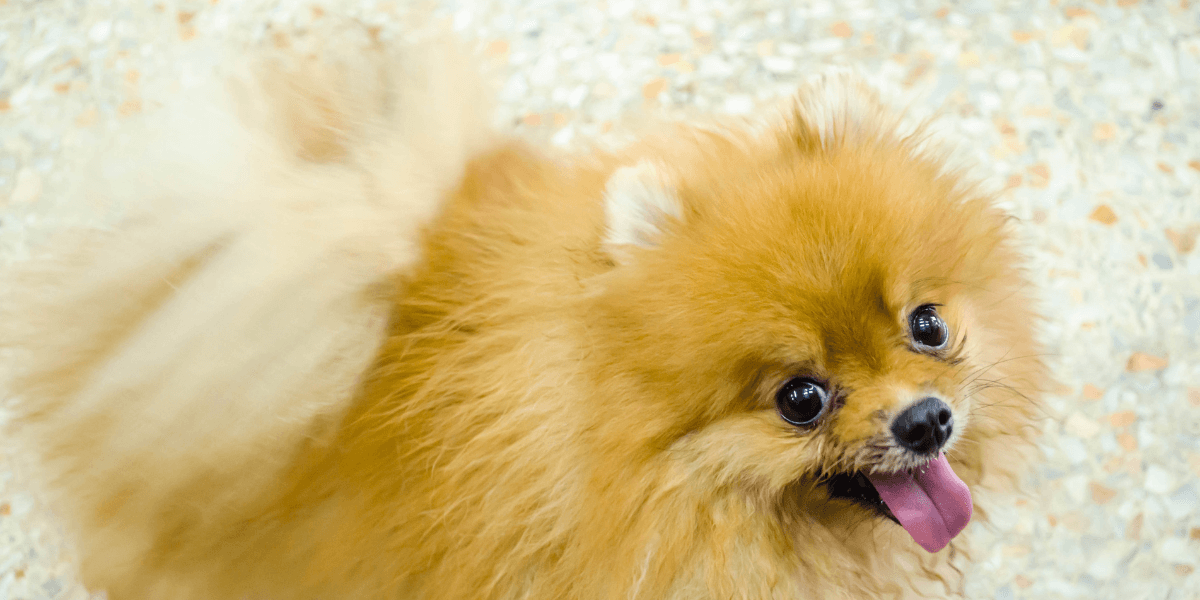
Selecting the best diet for Pomeranians means knowing the benefits of ingredients.
- Quality Ingredients: Look for high-quality proteins and whole grains
- Avoid Fillers: Steer clear of artificial fillers like corn and soy
- Grain-Free Options: Consider if your Pomeranian has grain sensitivities
- Wet vs. Dry Food: Wet food adds moisture, while dry food helps with dental health
- Life Stage Formulas: Choose food formulated for their specific life stage
- Allergies: Watch for ingredients that might cause allergic reactions
- Portion Control: Follow feeding guidelines to avoid overfeeding or underfeeding
3. Homemade Diets for Pomeranians
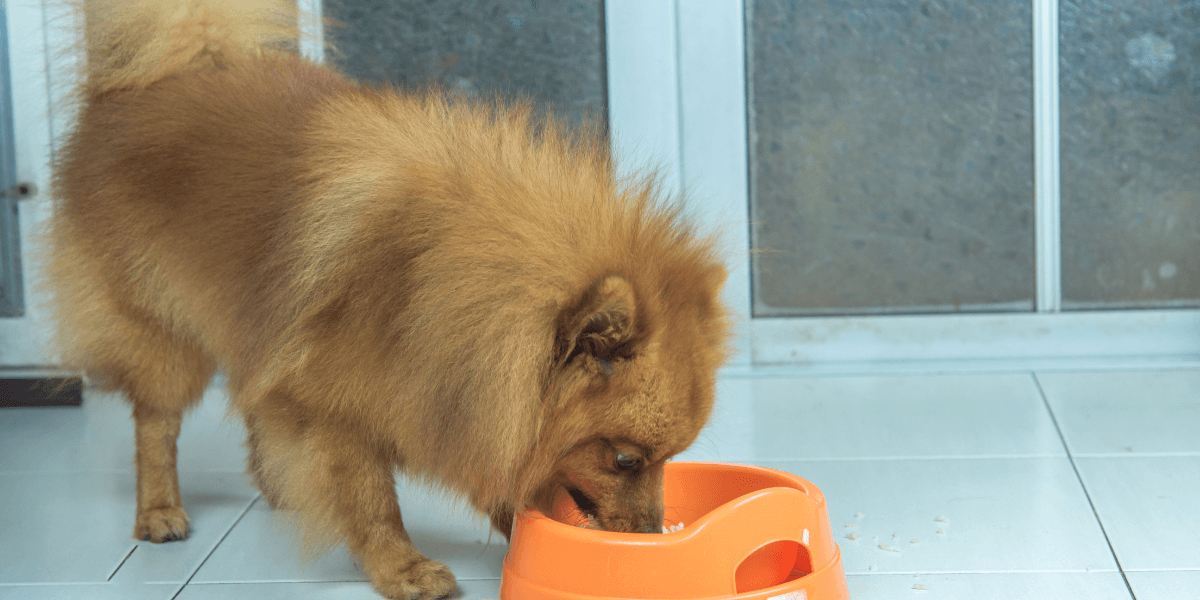
Homemade diets can offer tailored nutrition but require careful planning.
- Balanced Meals: Ensure meals are nutritionally balanced with protein, fats, and carbs
- Cooking Methods: Avoid using spices or seasonings harmful to dogs
- Supplementation: Add necessary supplements to cover all nutritional needs
- Consult a Vet: Always consult a vet to verify diet adequacy
- Portion Size: Measure portions to prevent overfeeding or malnutrition
- Variety: Include a variety of foods to ensure comprehensive nutrition
- Food Storage: Store homemade food properly to prevent spoilage
4. Commercial Dog Food Brands

There are numerous high-quality commercial brands suitable for Pomeranians.
- Royal Canin: Offers breed-specific formulas tailored to Pomeranians
- Hill’s Science Diet: Known for its scientifically balanced nutrition
- Blue Buffalo: Includes natural ingredients and no artificial additives
- Orijen: Provides high-protein, grain-free options
- Wellness CORE: Offers high-protein diets with grain-free options
- Merrick: Known for high-quality ingredients and varied recipes
- Nutro: Provides high-quality, non-GMO ingredients in its recipes
Explore top-rated orthopedic beds for Great Danes to ensure your gentle giant's comfort and support.
5. Managing Weight and Obesity

Maintaining a healthy weight is key to the best diet for Pomeranian health.
- Monitor Weight: Regularly check your Pomeranian’s weight and adjust food as needed
- Controlled Portions: Use measured portions to prevent overeating
- Healthy Treats: Opt for low-calorie treats and limit quantities
- Exercise: Incorporate regular exercise to help manage weight
- Vet Check-Ups: Schedule regular vet visits to monitor weight and health
- Avoid Human Food: Do not feed table scraps, as they can contribute to obesity
- Adjust Diet: Modify the diet based on age, activity level, and health status
6. Dealing with Food Allergies
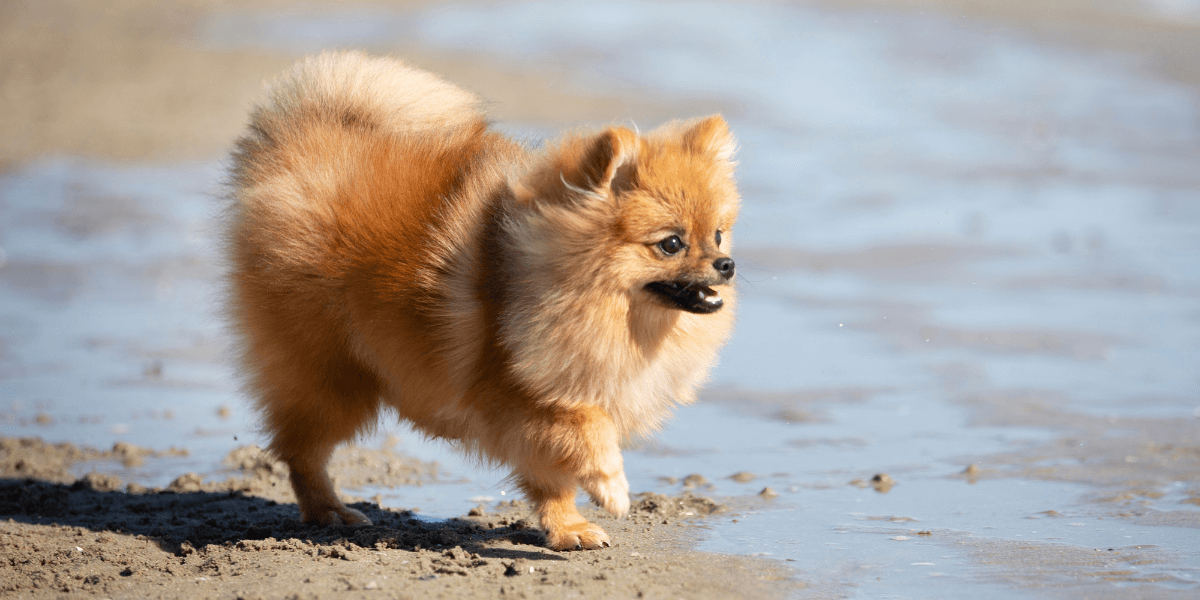
Identifying and managing food allergies can improve your Pomeranian’s quality of life.
- Common Allergens: Be aware of common allergens like beef, chicken, and grains
- Hypoallergenic Foods: Consider foods designed for dogs with allergies
- Elimination Diet: Conduct an elimination diet to pinpoint specific allergens
- Consult a Vet: Seek professional advice to manage and treat food allergies
- Read Labels: Always read ingredient labels to avoid allergens
- Track Reactions: Monitor for signs of allergies and adjust diet accordingly
- Allergy Tests: Consider allergy testing for more accurate diagnosis
Learn effective strategies to prevent and manage hip dysplasia in Great Danes for optimal joint health.
7. Supplements and Special Needs
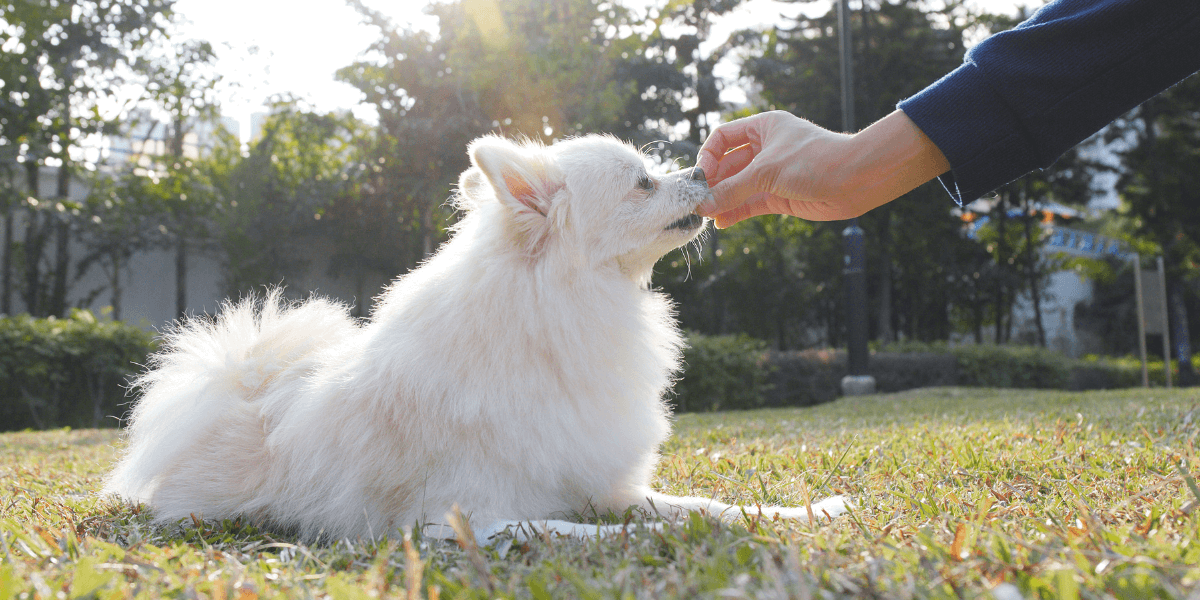
Supplements can support your Pomeranian’s health, especially if they have special needs.
- Omega-3 Fatty Acids: Support skin and coat health, reduce inflammation
- Probiotics: Aid digestion and improve gut health
- Joint Supplements: Help maintain joint health, especially in older dogs
- Multivitamins: Ensure all essential vitamins and minerals are included
- Dental Health: Use supplements to support dental health
- Skin Health: Supplements can help manage skin issues and allergies
- Special Conditions: Address specific health conditions with targeted supplements
Discover the best foods and supplements to meet your Great Dane's nutritional needs.
FAQs
1. What should I look for in high-quality dog food for my Pomeranian?
- Look for high-quality proteins, whole grains, and no artificial fillers or additives
2. How often should I feed my Pomeranian?
- Typically, Pomeranians should be fed 2-3 times a day based on their age and activity
3. Can I feed my Pomeranian homemade food?
- Yes, but ensure it is nutritionally balanced and consult your vet regularly
4. What are the signs of food allergies in Pomeranians?
- Signs include itching, ear infections, digestive upset, and unusual coat changes
5. How can I help my Pomeranian maintain a healthy weight?
- Monitor portions, provide regular exercise, and avoid high-calorie treats
6. Are grain-free diets good for Pomeranians?
- Grain-free diets can be beneficial if your Pomeranian has grain sensitivities
7. What supplements are beneficial for Pomeranians?
- Omega-3 fatty acids, probiotics, and joint supplements are often beneficial
Conclusion
- A well-balanced diet is essential for your Pomeranian’s health and happiness
- Select the best diet for Pomeranian with high-quality, nutrient-balanced food
- Regularly monitor their weight and adjust their diet as necessary to maintain health
- Consult with your vet about specific dietary needs and any food allergies
- Consider supplements if your Pomeranian has special health requirements
- Ensure you provide fresh water and regular meals to keep them thriving
Like our Best diet for Pomeranian tips? Share this article with fellow dog lovers!
References
For more info on the Best Diet for Pomeranian, check out these resources:



